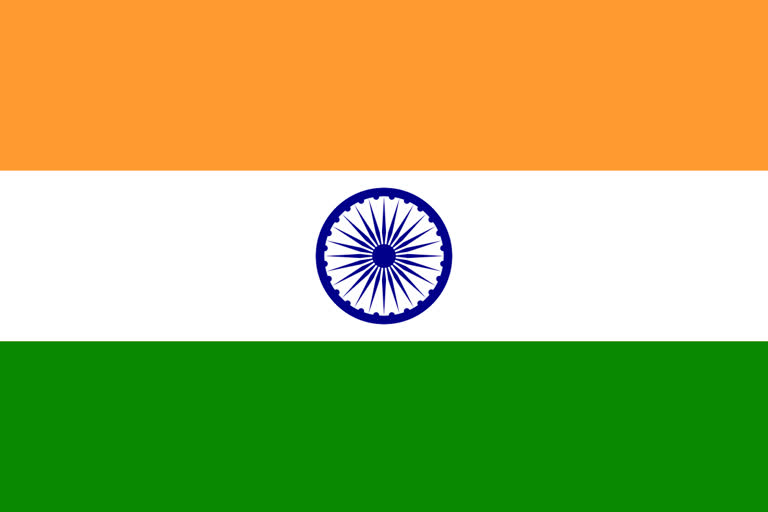New Delhi: A day after India marks its Republic Day on 27 January, Prime Minister Narendra Modi will host a virtual summit with the participation of all five Presidents of the Central Asian(CA) Republics; and India would not skip any opportunity to strengthen its ties with them.
Also Read: PM Modi to host first India-Central Asia meet virtually on Jan 27
In recent years, the contours of India-Central Asia relationship has been witnessing extreme vertical transformations whereby this accelerating urge by New Delhi to establish better relations with the five former-Soviet States, has the potential to bring about a paradigm shift in the realms of geostrategic dynamics of West Asia and Eurasia.
Talking to ETV Bharat, Dr Rajan Kumar, Centre for Russian and Central Asian Studies, School of International Studies, JNU said that ever since the birth of these CA Republics post USSR collapse, not many countries were willing to invest. Also, Russia in order to maintain their influence did not allow other western countries states, especially the US.
Over the past 30 years, despite New Delhi having tried to develop strategies with CA Republics to harness their resource potential, the trade between India and the CA Republics still stands around $2-billion mark while China, whose influence has been growing in the last decade, especially after it started the Belt and Road Initiative (BRI) project, its trade with the former soviet republics stands over $100 billion.
The rhetoric that China via its hegemonic and dominating policies vis-a-vis providing huge monetary loans primarily neglects Russia’s strategic and strong influence in the region, which it is likely to maintain in the coming 10 to 15 years, according to Dr Rajan.
China for the past 30 years has been a valuable player in CA Republics, but since its announcement of BRI project in 2013, it has been investing heavily in these former soviet Republics making them a dominant player in these states.
Also Read: Foreign ministers of five Central Asian countries call on PM Modi
According to Dr Rajan, "One of the major problems with India is that it does not have the direct connectivity to CA Republics. India was planning that it will connect Iran, Afghanistan, and CA Republics via the Chabahar port in Iran and also via the International South transport corridor. But now after the sudden takeover of the Taliban in Afghanistan, that part of Chabahar linking Zahedan has halted. The railway plan is also in the doldrums because now there is no point connecting to Afghanistan."
Similarly, Russia, which enjoyed a dominant position in these former Soviet Republics, is finding its influence waning in light of China moving in with massive economic loans on the pretext of development and BRI project, but also drawing huge amounts of energy and gas resources in return from CA Republics, for its ever-increasing demand.
China's equation with Xinjiang is not a secret to the world and it knows that Kazakhstan, Kyrgyzstan and Tajikistan share a long border with Xinjiang, in that sense China would never really want to compromise its national security.
The major irritant and worrisome issue for India is the situation in Afghanistan through which it wants to establish a connect with the CA Republics, however, if extremism and terror continue to accentuate, it will have a massive impact on Kashmir, said Dr Rajan, adding that some of the major pillars of engagement between India and CA Republics, have halted given the situation in Afghanistan.
Last December, when New Delhi had hosted the third Central Asia Dialogue to discuss the situation in Afghanistan. External Affairs Minister Dr Jaishankar said that India's ties must focus around 4 Cs: Commerce, Capacity enhancement, Connectivity and Contacts.
Also Read: Dialogue significant for connectivity, trade between India, Central Asia: Tajik FM



